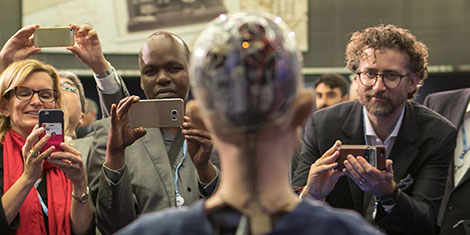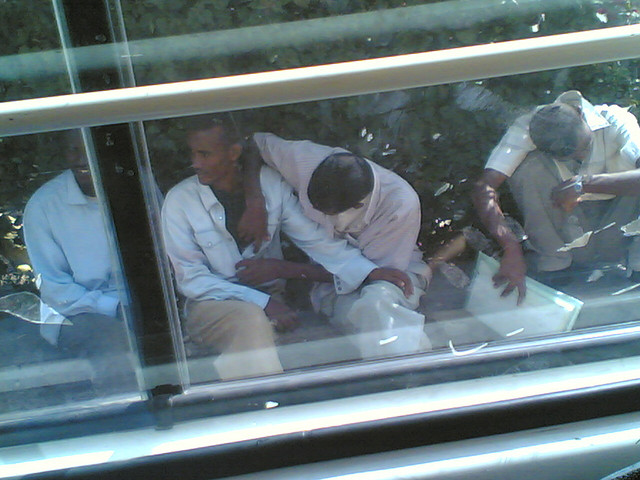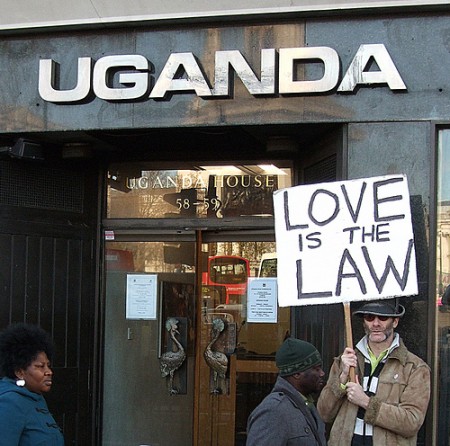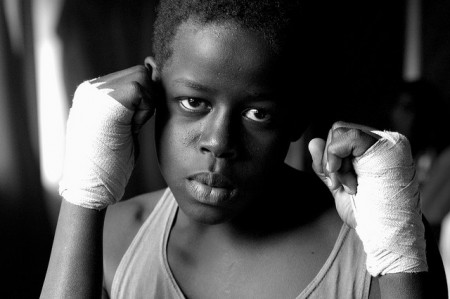
This article was originally published in Volume 2, Issue 2 of Age of Robots magazine on 6 March 2018.
IBM’s Deep Blue was a chess-playing computer that achieved remarkable success in 1997 when it defeated the world champion Gary Kasparov in 19 moves. Kasparov had never lost a match to a human in under 20 moves. He managed to beat Deep Blue in the next games but was again defeated the following year after Deep Blue received an upgrade—and the unofficial nickname “Deeper Blue”. This was a landmark moment in artificial intelligence, but at no point was the genius chess machine deemed worthy of “rights”. Although theoretically able to visualize 200 million chess positions per second, Deep Blue had limited general abilities and could not work on other tasks beyond what it was programmed to do—such as playing chess, in this case.




